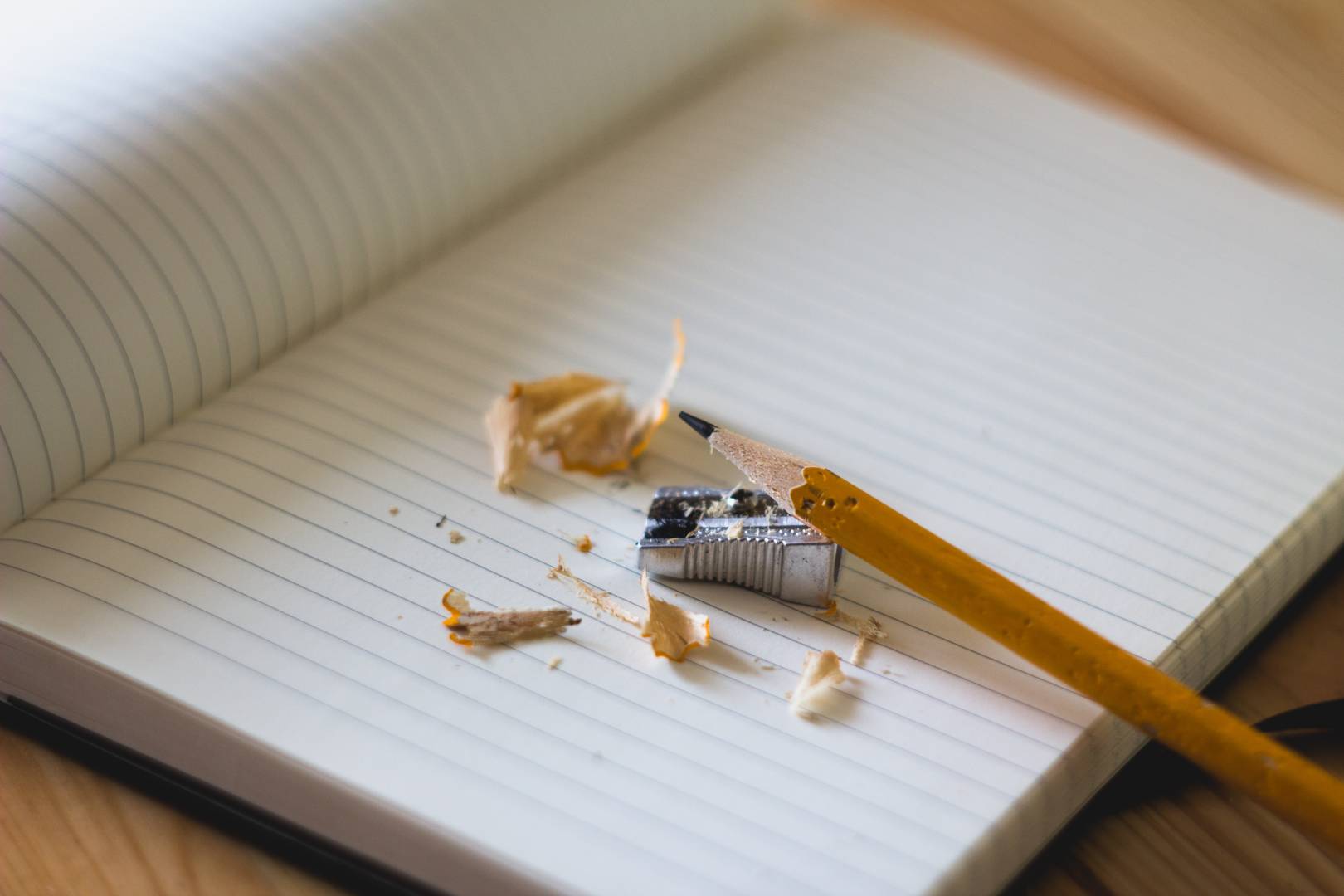Whether you are looking to improve your self-editing, or whether you're seeking to hire an editor to polish your book once you've made it the best it can be, we hope you will find helpful the following reading list, recommended by various ALLi members from around the world during a recent discussion on ALLi's Facebook forum (a closed members-only privilege – for how to become a member, click here).
There are of course plenty of online resources that will also be helpful, but sometimes, you just can't beat having an authoritative print book on your desk to inform, inspire and give confidence.
Standard Editing Reference Books
The following are industry-standard reference resources, highly regarded by authors, editors and publishers alike:
- The Chicago Manual of Style – published by the University of Chicago Press Staff
- The Elements of Style – by William Strunk and E B White
- The Copyeditor's Handbook by Amy Einsohn (US English) – published by the University of California Press
- New Hart's Rules – published by the Oxford University Press
- Butcher's Copy-editing – published by the Cambridge University Press
- The Economist Style Guide – published by The Economist magazine
- Various publications by members of the Society for Editors and Proofreaders (SfEP)
- For further recommended reading on different aspects of editing and proofreading, see the SfEP's recommended reading list of books by others
The first two focus on US English, the final three on British English. Most of these are not intended to be read straight through, like a text book or commentary, but to be provide a ready source of reference when you want to checking a particular aspect of language. But they are also enticing to dip into now and again in idle moments just for interest.
All are readily available in print and e-book. Plenty of secondhand copies are available for those on a tight budget, but do bear in mind that each is frequently updated to reflect the steady evolution of the English language, so use older versions with caution.
Other books recommended by our members give a personal take on the process of editing, include:
- The Subversive Copyeditor by Carol Fisher Saller, who works for the Chicago Manual of Style (US English)
- The Fight For English by David Crystal, who shows you that editing is not all about correcting grammar
- Write Tight by William Brouhagh, former editor of Writers' Digest – great to help you make competent prose shine
- Between You and Me – Confessions of a Comma Queen by Mary Norris, former copy-editor for the New Yorker
Advice for Hiring an Editor
Many ALLi members have also written writing and editing advice books of their own, including our partner members who offer editing services, which you can view for free here on our membership www.allianceindependentauthors.org/services-directory/. (ALLi members may also download a pdf copy for free.)
It's useful to be familiar with these books when you're seeking an editor to help you. “I always ask a potential copy editor which style book they use,” says ALLi author Alison Ripley-Cubitt. “And if it's one I can't bear, I keep looking.”
Sound advice also from Dan Holloway, indie author and editor, on how you use editing reference books, particularly – but not exclusively – if you're writing or editing fiction:
I am wary of studying too many style and rule manuals – I think because I do a lot of work on non-fiction, especially academic non-fiction where each institution has its own style rules, so it's largely a waste of time learning a “standard”. Much more important is to learn the mechanics of story and scene construction, because that's where the editor's work is really done.
Last Words to George Orwell
And if the thought of ploughing through reference books on editing makes your heart sink, you could do worse than take as your general guide a succinct summary that's inspired me throughout my writing life – George Orwell's famous Six Rules of Writing:
- Never use a metaphor, simile or other figure of speech which you are used to seeing in print.
- Never use a long word where a short one will do.
- If it is possible to cut a word out, always cut it out.
- Never use the passive where you can use the active.
- Never use a foreign phrase, a scientific word or a jargon word if you can think of an everyday English equivalent.
- Break any of these rules sooner than say anything barbarous
With thanks to the following ALLi author members who drove the original discussion on our Facebook forum: Eleanor Abraham, Melissa Addey, Jane Davis, Karl Drinkwater, Nelly Harper, Dan Holloway, Alison Ripley-Cubitt, Katharine Smith, Katherine Trail, and Sally Vince.
OVER TO YOU Do you have a favourite editing reference book not mentioned above? Feel free to add it via a comment. (ALLi author members are welcome to share their own books about editing here too.)
Check out this useful shortlist of recommended #editing guides for indie #authors - and add your favourites Share on XOTHER USEFUL POSTS ABOUT ASPECTS OF EDITING – FROM THE ALLi ARCHIVE






I love Garner’s Modern American Usage guide for grammar, usage and style.
Since we’ve been invited to mention our own books, here’s a sotto voce mention of Nail Your Novel: Why Writers Abandon Books & How You Can Draft, Fix & Finish With Confidence. A large part of the process is self-editing, both at developmental and line level. My course at The Guardian is based on it!
None of these books seem to touch on content editing, which surely comes before proofreading! I like Chris Roerden’s Don’t Murder Your Mystery (2006) and Rennie Browne & Dave King’s classic Self-Editing for Fiction Writers (1993.) James Scott Bell has a book I haven’t tried yet: Revision & Self-Editing (2008) and Janice Hardy of Fiction University has another: Revising Your Novel: From First Draft to Finished Draft (2016.)
Just in case you don’t have enough to read :-).
I confess I was thinking more of line editing and proofreading than structural editing, Anna, so thanks very much for those helpful additions. As a cozy mystery writer myself, I’m definitely going to look up “Don’t Murder Your Mystery”!